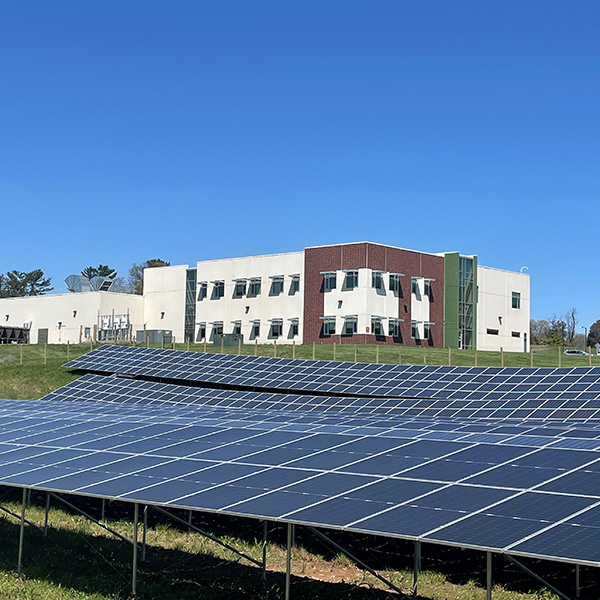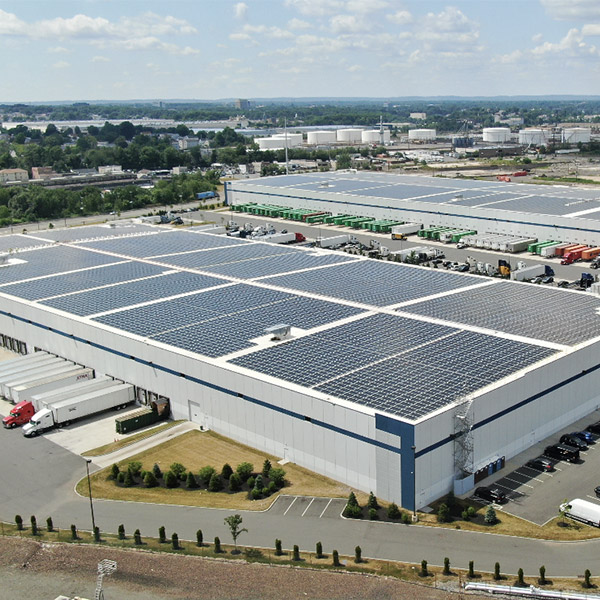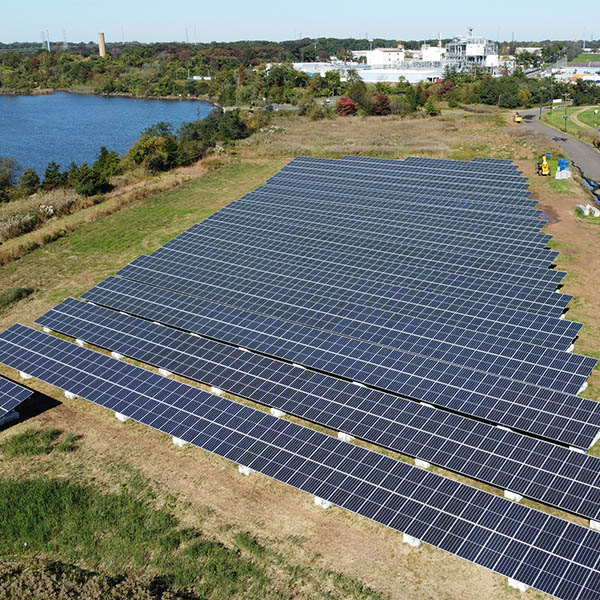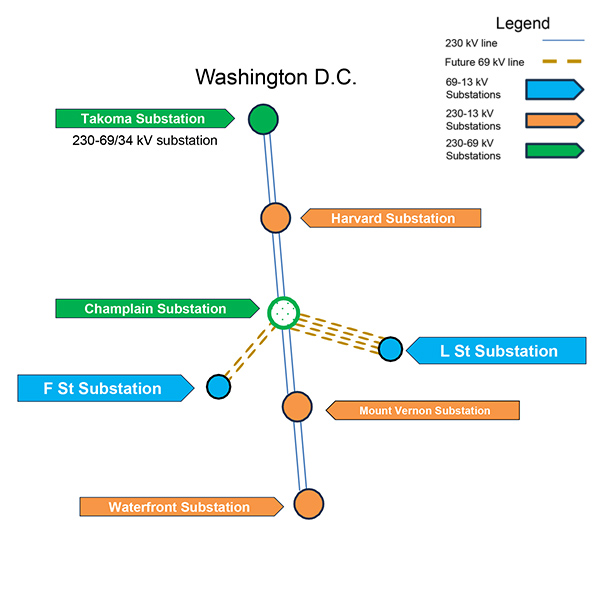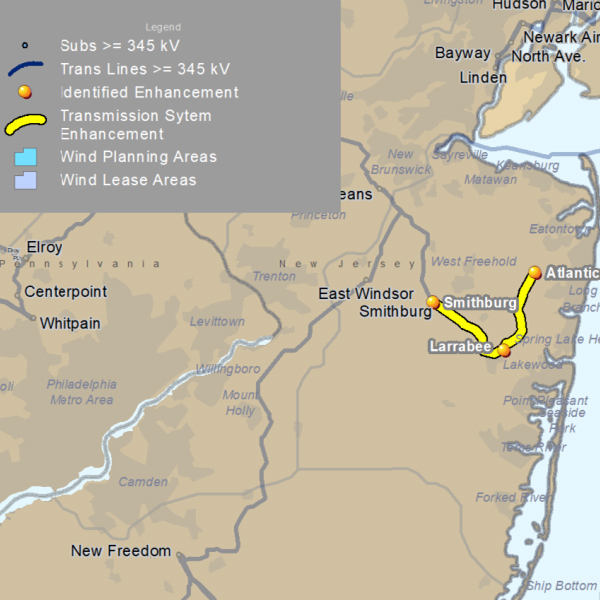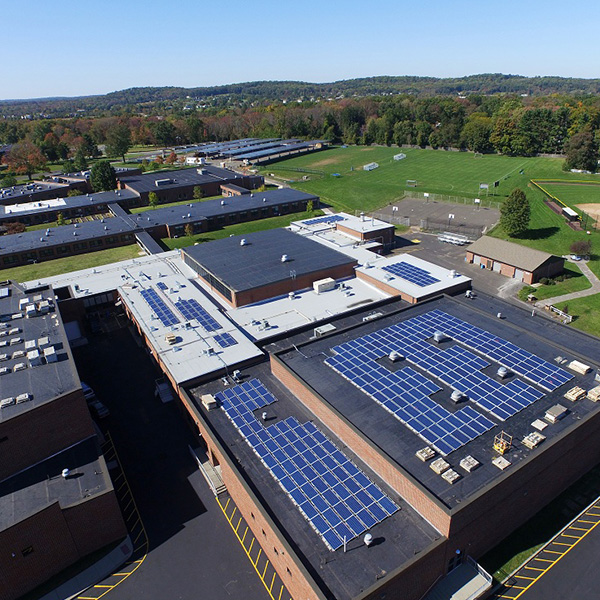New Jersey Board of Public Utilities (NJ BPU)
After a remarkably bad year for the U.S. offshore wind industry, the Oceantic Network’s annual conference was focused on engineering a rebound rather than licking wounds.
New Jersey’s Board of Public Utilities is asking the state’s four utilities for thoughts on how to help waive regulations and speed up the connection of distributed energy resources as it seeks to modernize its grid.
New Jersey Gov. Mikie Sherrill signed two sweeping executive orders that sought to control the state’s aggressively rising electricity rates through ratepayer credits and generation expansion.
New Jersey is evaluating a request by two solar companies to change state rules to allow out-of-state solar electricity generators to receive renewable energy certificates.
The New Jersey Board of Public Utilities is looking to stimulate energy-efficient construction with a new program that offers a simpler incentive application process and incentives of up to $2.50/square foot of construction.
As solar development companies race to meet the deadlines by which they can secure federal investment tax credits before the program expires, developers see a better-than-expected short-term outlook but a grim long term.
PJM and the New Jersey Board of Public Utilities are in discussions on how the transmission and interconnection facilities planned for the state’s offshore wind aspirations can be put on ice in the wake of all the generation developers pulling out of their projects.
The Department of Energy has withdrawn a $716 million loan commitment that would have helped New Jersey upgrade the state transmission system to connect offshore wind to the grid.
New Jersey's latest draft investment plan for its Regional Greenhouse Gas Initiative funds would broaden the state's portfolio to include electrifying multifamily housing and accelerating investment in wind and solar infrastructure.
Two laws signed by New Jersey Gov. Phil Murphy aim to dramatically expand the state’s community solar and storage incentive programs as the state searches for new generation sources to help meet a predicted energy shortfall.
Want more? Advanced Search

